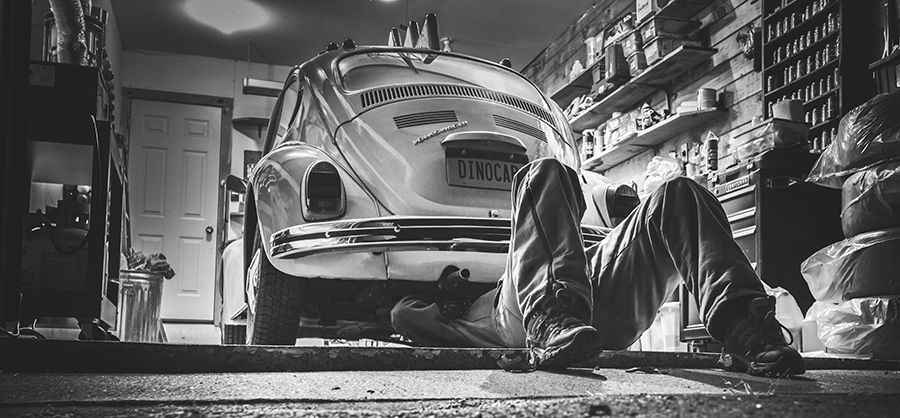How do I find out the cost of an unusable worn-out catalytic converter?
A catalytic converter installed in a vehicle contains many precious metals. The walls of the structure are coated with platinum, rhodium, gold particles. Even a failed catalytic converter has value; it can be scrapped, thus bringing some money.

Terms of selling
A catalytic converter can be sold for scrap profitably by studying the offers of professional scrap dealers specializing in used car parts. Scrapping conditions may vary, for instance:
- Converters from some vehicle brands cannot be sold for scrap. The most expensive and popular are the parts by European, Japanese, and American manufacturers. These converters contain a greater volume of precious metals, so they are bought out with more enthusiasm.
- Vehicle converters are evaluated with a special device — analyzer. It determines the volume of precious metals inside. Sellers should be alert if dealers determine the value of the converter by feel since this is not how the examination is carried out.
- Payment is made according to the set rates. However, it may vary depending on exchange rate fluctuations.
Here are some evaluation and purchase criteria:
- converter type (petrol, diesel);
- material from which it is made (metal, cast iron, ceramic);
- weight of the part and its condition, whether there are chips, mechanical damages;
- vehicle brand and country of origin.
It is up to the vehicle owner to decide where to sell the catalytic converter for scrap. It is recommended to study the reviews of other drivers before getting in touch with one company or another that buys out used auto parts.
Disposal with profit
The service of buying out failed auto parts is beneficial not only to dealers and drivers but also helps to maintain a clean environment. The damaged and worn-out converter is inspected and evaluated. Other auto parts brought for scrap are subject to diagnostics to check whether the part can be repaired and restored or not.
If the old converter is simply thrown away, it can harm the environment by contaminating groundwater. It is also not recommended to store an unusable neutralizer in the garage. A part that has absorbed harmful exhaust during operation will cause a person to feel unwell, as it releases harmful toxins. For these reasons, it is not safe to store catalysts or simply dispose of them as household waste. Scrapping is the most profitable and correct way to get rid of worn-out parts.
It is clear that it is quite challenging for an ordinary car user to get rid of the old catalytic converter, and the reason is not only in the size of the part but also in the high concentration of toxic substances in it.
Companies that buy out catalytic converters then send these parts for recycling, which contributes to environmental preservation.